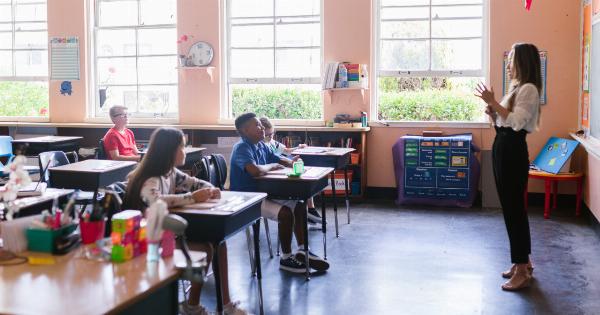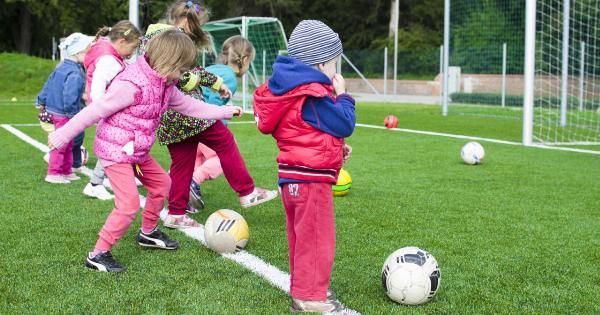Attention Deficit Hyperactivity Disorder (ADHD) is a disorder that affects a significant amount of children worldwide.
According to the Centers for Disease Control and Prevention (CDC), around 6.1 million children aged 2 to 17 years old in the United States have been diagnosed with ADHD.
ADHD can cause children to experience difficulties in various areas, including focus, attention span, and behavior. Children with ADHD often display symptoms such as impulsivity, hyperactivity, inattention, and lack of organization.
The impact of ADHD on a child’s academic success is substantial. It can affect their ability to learn, complete homework, and succeed in standardized tests.
Parents and educators often recommend techniques such as stillness and focus to improve the academic performance of children with ADHD. However, stillness and focus alone are not enough.
ADHD and Academic Performance
The academic performance of children with ADHD can be negatively affected due to the symptoms of the disorder. An inability to focus and pay attention can cause difficulties with comprehension and retention of information.
Children with ADHD may have trouble completing assignments and can have lower scores on standardized tests than their peers.
As a result, parents and educators often implement strategies to support the academic success of children with ADHD. Strategies such as breaks, movement, and sensory input can help promote focus, attention, and organization skills.
However, stillness and focus alone are not enough to help children with ADHD succeed academically.
The Limitations of Stillness and Focus
Many traditional educational practices are designed around stillness and focus in the classroom. For children with ADHD, this can be especially challenging.
Teachers may encourage children to sit still and quiet, which can be difficult for children with ADHD.
While stillness and focus can be helpful for children with ADHD, it is essential to understand their limitations. While some children can naturally regulate their body movements and attention, many others find it difficult to do so even with support.
Some children with ADHD may need additional support to develop necessary skills for academic success. This support can include tutoring, coaching, and accommodations for academic assignments and testing.
The Importance of Accommodations
Accommodations are adjustments made to educational practices to allow children with ADHD to fulfill educational obligations and reach academic success.
These may include additional time on assignments and testing, frequent breaks, and non-distracting environments for learning.
Accommodations are available for children with ADHD under the Individuals with Disabilities Education Act (IDEA). Parents can work with educators to establish an Individualized Education Program (IEP) that sets out specific accommodations for a child.
Accommodations are essential because they allow children with ADHD to access equal educational opportunities.
They take into account the unique challenges that children with ADHD face in their academic settings and provide them with the support they need to succeed.
Outside Support for Academic Success
There are many resources available to parents and educators to help promote the academic success of children with ADHD. Many organizations offer tutoring services, coaching, and support groups for parents and children.
In addition, technology can be beneficial for children with ADHD. There are numerous apps and programs that can assist with organization, planning, and task completion. These may include tools such as timers, calendars, and reminders.
The Importance of Addressing ADHD Early
ADHD is a chronic disorder that can affect a child’s behavior, socialization, and academic success. Early diagnosis and intervention can be essential in promoting positive outcomes for children with ADHD.
It allows children to access the necessary support and accommodations to succeed academically and socially.
Addressing ADHD early can also help children develop skills to manage the symptoms of the disorder. Through educational interventions and support, children can learn social and coping skills, which can improve their quality of life.
Conclusion
Stillness and focus are essential for many children to learn and succeed academically. However, for children with ADHD, stillness and focus alone are not enough.
Accommodations, resources, and outside support are necessary for children with ADHD to perform their best academically.
Parents, educators, and support services must work together to address the unique challenges that children with ADHD face in the classroom.
With the right interventions and support, children with ADHD can achieve academic success and reach their full potential.






























